Even if during the actual pandemic all states have imposed general restrictions regarding the conduct of religious activities, Romania is among the few democratic regimes in which the public authorities addressed liturgical recommendations. Fascinated by its despotic power, the state forced itself in the Chalice recommending abstention from the Eucharist. It did not do so for theological reasons, but from lack of democratic culture. Both international and national legislation are extremely precise regarding the regulation of worship: citizens are empowered with religious freedom, a right set at the base of the pyramid which is the rule of law and which is exercised also by taking part in the religious ceremonies conducted according to norms established by the religious organizations, based on their autonomy towards the neutral state from a religious standpoint.
As long as for the Romanian state, the usage of the unique spoon in administering the Eucharistic in the Eastern Churches did not represent a matter of hygiene overtime (other epidemics, viruses and seasonal flues), the discovering over night of the potential to infect during the communion ritual is a nondemocratic approach. Why? The answer lies in the way in which the rule of law was thought and ideologically transformed in Romania by positive or negative approaches against Orthodoxy, but without relying on one of the oldest liberal and democratic rights, the religious freedom.
For recent historical reasons, the states which resulted from the incomplete dismemberment of the USSR and the transformation of the communist countries are weak states when it comes to bureaucracy and democratic culture. The legitimacy of the post-soviet and post-communist political regimes was built in most cases simultaneously with the public reconstruction of orthodoxy (e.g. the Romanian case) or even due to the positive image of the Church in society, the case of Georgia, where patriarch Elijah the 2nd is still by far the most influential Georgian public figure. When the state fails to politically legitimize itself with the constant effort to expand rights and liberties, it resorts to various forms of cultural legitimacy.
The rule of law in the Romanian modernity
The first academic systematization of the knowledge about rule of law belongs to the British Albert venn Dicey (1888): nobody can be punished unless the deed of which he stands accused is explicitly provided by law. Rule of law is the opposite of the discretionary and arbitrary authority of the people. The people are governed by law and only by law, while the law is not the source, but the consequence of the rights and liberties of the citizens. It is not the state that gives rights to people, but the citizens gifted with rights which mandate the state to watch for the fulfillment of the rights of the citizens. Dicey makes a precious distinction between rule of law in the Anglo-Saxon approach, which is based on the Bill of Rights and has the purpose to further extend rights and liberties, and the French and German approaches of the rule of law, neutrally connoted in report with democracy. His distinction has had a prophetic value considering that the German rule by law hit its apogee right in the ideological foundation of the Nazi regime.
Following the experience of the 20th century, in which regimes on the course of democratization were dethroned by totalitarian regimes (the Weimar Republic is replaced by the Nazi regime), rule of law was defined eminently as a political system based on the the supremacy of rights and liberties (Joseph Raz).
The preliberal meaning of rule of law was not meant to maximize individual freedoms, but to never reach tyranny. It is a tradition beginning with Magna Charta (1215) and which imposes limits to the political authority. It is the meaning that contemporary non-liberal regimes assume by even postulating a divine vision of the good, especially in the Muslim ones, where the Sharia has equal or even constitutional value. The Afghan constitution, which inaugurates the Islamic Democratic Republic, provides equal rights between men and women, but also does not allows the application of any law contrary to Islam.
Within liberal societies there is no more ruling taking in account the divine right or the natural right. The legislative body is based on the Bill of Rights, the Declaration of Human Rights or other documents and international standards. Political liberalism completes the meaning of the rule of law: rule of law, not rule of men. The reign of law is the opposite of the rule of men (a government of laws, not men), because the law is based on reason, while people can act according to passion. The law is objective, the man subjective. Italian political scientist Leonardo Morlino systematizes some dimensions of the notion of rule of law hierarchically: the protection of human rights, political independence of judges, political neutrality of bureaucracy, the increased capacity of the public administration to enforce the law in a professional and transparent manner, the civil control on military forces, etc.
The Romanians begin to know the rigors of the rule of law at the middle of the 19th century, when the customary Romanian law, mostly inspired from the practice and social teachings of the Church, was replaced with the principles of an imperfect liberalism, which drew its sap from the administrative law rigors, the French variant of the rule of law.
Governing the Orthodoxy
In the case of most orthodox majority countries, orthodoxy represented in the 19th century one of the essential pillars of the nation’s founding, reason for which states are feeling culturally tied with orthodoxy and define their connection to the majority Church not in terms of religious freedom, but as “the default Church of the nation”. The given Church, preexisting the birth of the nation, a cultural and moral guardian of the political body. The majority of the clerics believe that they are exhausting themselves as missionaries in this role as guardians of national morality and civic behavior and do not question the political regime itself. It is, otherwise, also one of the explanations for which post-communist countries do not have civic movements (such as in Poland, Catholic country) brought to life by the Orthodox Churches. These stand on one hand far from politics, in terms of critic and rationing the political decisions, not clearly stated against or in favor of some political decisions as it happens in the West, and, on the other hand, the Church is too close to politics, doing this immense service to the state, taking its place in many situation, especially in that of the moral and behavior guardian of the society.
For historic reasons, the majority churches have the tendency to mistake their members with the entire population. From a theological standpoint it is a gesture of spiritual maternity, but which also lies against the democratic political representation. Orthodox and protestant churches act, together with the political representatives, as an alter representative of the people. For example, a certain Church can be against LGBT marriages for theological reasons, invoking their own theological tradition, or can make it for political reasons, invoking the evil concocted within the fiber and identity of the people. In the case of the second argument, the Church can either substitute the Parliament, giving voice to the political will of the people, or can feel the dominant position of the people and fall victim to a populist and theologically unfounded rhetoric.
The Romanian state was created simultaneously, in tandem and against orthodoxy: in tandem, because together they created the Romanian nation born Christian. Against orthodoxy, because it confiscated almost all social and civil duties of the Church, deeming it unworthy and irresponsible of being a partner in modernizing society. With the reforms from the middle of the 19th century, the state dismembered, in the Orthodox Church, what was the most valuable materialization of religious life in democratic societies, American or British, namely the contribution of the Church to the generation of social capital. The Romanian Orthodox Church is unlawfully accused that it never developed a social philanthropy network. In fact, beginning with the secularization of AL. Ioan Cuza (1859-1866), the state took all material resources from the Church, and refused to ideologically observe and benefit from the social capital produced by the Church, in the form of the tightly knit relations of social aid at parish and family level.
Up to the year 2000, the Romanian state was afraid to use, in relation to the church, the phrase religious freedom, using instead variations of the mutual legitimization: The Romanian/national Church, dominant Church and the partner state, etc. The Church did not develop a culture of religious freedom and of the rule of law, because it understood about its repositioning in the center of society with the fall of the communist regime not as a consequence of religious freedom and democratization, but as a cultural legitimacy received from a state. Today, in spite of the fact that entire generations of orthodox theologians studied and activated in the West, the phrase religious freedom still frightens the diocese chancelleries or theology faculties, although it is the most legitimate type of response the Church can deliver to the society, more and more routinized in the form of robotized secularism.
The secularization of the wealth of the church (1863/4) did not only mean the nationalization of the properties, but also the changing of the Church into a ceremonial annex and moral guardian of the society. It divided the Church into bishops and the rest (priests and believers). Subsequently, the politicians privileged the relations with local bishops, while the Church, as an united social body, was not even a source of social capital for the state, let alone a community mediated by religious freedom. Things are not different today, given that many politicians fill their public agendas with spiritual events speculated for electoral purposes, but do not think about the way Church serves society due to religious freedom. The false pietism shown at the celebration of the patron saints is directly proportionate with the real indifference towards the Church as the living community of people associated in the name of religious freedom.
For this reason, May 2020 government recommendations, to avoid the Eucharistic, are in fact the result of a 150-year-old manner of thinking, a way of thinking against the rule of law, meant to democratize society. During the pandemic, the Romanian state regulated the dimension of the religious life (weddings, baptisms, funerals), but did not show empathy with the faithful, by leaving cemeteries accessible to those who wanted to pray at the graves of their beloved ones. In the eyes of the state, the Church is a supplier of ceremonial public services, reason for which the state forced itself in the Chalice, not recommending the communion of the faithful.
Even if the gesture circumscribed to the state of emergency or alert, can be, without democratic bigotry, tolerated on a short term, there is the risk of it leaving painful scars in the social weave of Romania and open new paths to even worse attempts on the freedoms and liberties.
While Germany (April 30th), France (May 18th) or USA (May 29th), did not make worship recommendations, the constitutional control censored the anti-rule of law behavior of the authorities, reminding them that the limitations of religious freedom have to be made proportionate with the purpose of the general restrictions, whereas in Great Britain (May 15th), the government organized a task-force including the religious organizations and independent experts, to jointly establish the time to lift restrictions in the field of religious life.
The Romanian state is placed outside of the democratic dynamics of a rule of law state and forces itself in the Chalice, which does not seem to be a source of religious freedom, but a mere cultural ceremony. In Romania, the government felt the need to especially regulate religious activities, and forbade the prayer inside places of worship, placing the Christians under the disapproval of the public, making them guilty ab initio for breaking social distancing. Setting aside that this is a political-theological humiliation of the faithful (the liturgy is by definition a private religious event, reserved only to the members of the Church), the common order of the health minister and of the internal affairs minister from May 20/22 of this year (an administrative document with lesser judicial power than that of a law) also provides a total and absolutely wrong redefinition of the public space and the (not) private character of the liturgy. The order distinguishes between private and public religious services.
In reality, international standards of freedom of religion or belief, as well as Romanian legislation, establish clearly the private character of all religious activities as a direct consequence of the exercise of religious freedom and of conscience, without the interference of the state. Even if the theological projection of the liturgy is a public one, the liturgy itself is still private, like the weddings, both religious events being addressed only to the invited people. The legal-political reconceptualization of the liturgy into a public event would mean that the state no longer recognizes its neutrality in matters of religious life, according to law. 486/2006 regarding religious freedom, or even make recommendations regarding the liturgy, such as recently, when they recommended the abstention from the Eucharistic or from giving blessings by keeping a distance of 1 meter. Moreover, the fact that most Churches keep their doors open during a religious service to anyone willing to participate, does not change the private character of a religious manifestation in every democracy.
In equal measure, the fact that religious services are strictly private manifestations, does not mean that the social responsibility of the Church to anyone that sets foot inside the church is diminished or somehow discouraged. But, the simple questioning of the private character of religious services, is equivalent with placing the freedom of conscience of the faithful under the magnifying glass, and creates a very grave precedent for the Romanian democracy. Can we expect the Romanian state to give out necessary instructions regarding the content of the preaches, as it happens in Turkey?
Neoliberalism and anti-liberalism
The way in which religious life was restricted during the pandemic was predictable, given that the actual global political paradigm is characterized, among others, by the politic judicialization phenomenon (Pierre Rosanvallon). The growth of the power of the judges is directly proportionate with the decrease of citizen confidence in the political responsibility of the government. We know who signs a certain decision, but we do not know how that decision was made, given the many interests, bureaucracy structures and expertise on multiple levels. Moreover, executive political decisions are more and more adjusted and calibrated not by Parliaments, but by constitutional/supreme courts. The language of citizen rights and freedoms became a very encoded and bureaucratized one, and common citizens, even those who temporarily populate parliamentary gatherings, do not have, regularly, access to the standards with which the international jurisprudence operates in different fields. In the area of religious life, states that gathered a luggage of expertise and openness towards the protection and promotion of religious freedom did not encounter serious issues of radicalization and social tensions during the pandemic.
In turn, although the neoliberal pattern described above seems to extend globally, in the case of Romania, the executive decisions of the pandemic period have been ideologically inconsistent: there were, on one side, highly conservative gestures, such as the initiative of the Ministry of Interior that the state should safeguard with uniforms and police logistics the distribution of the Holy Light on Easter, which shows that the state wants to be a super-warden of tradition. On the other side, the state denounced with Marxist tone the liturgical gestures considered all together dangerous to the health of the population, forgetting that religious manifestations are direct expressions of the private conscience and that they can only be censored similarly with non-religious ones. The decisions were not made based on the “rule of law”, which is the base of standards and international legislation compatible with democracy, but on the “rule by law”, based on some made up ideological frustrations, pro or against the Church and indifferent to the demands of religious freedom and democracy.
*Cătălin Raiu, in diresom.net, PhD, lecturer at the University of Bucharest and member of the panel of experts on freedom of religion or belief at ODIHR/OSCE

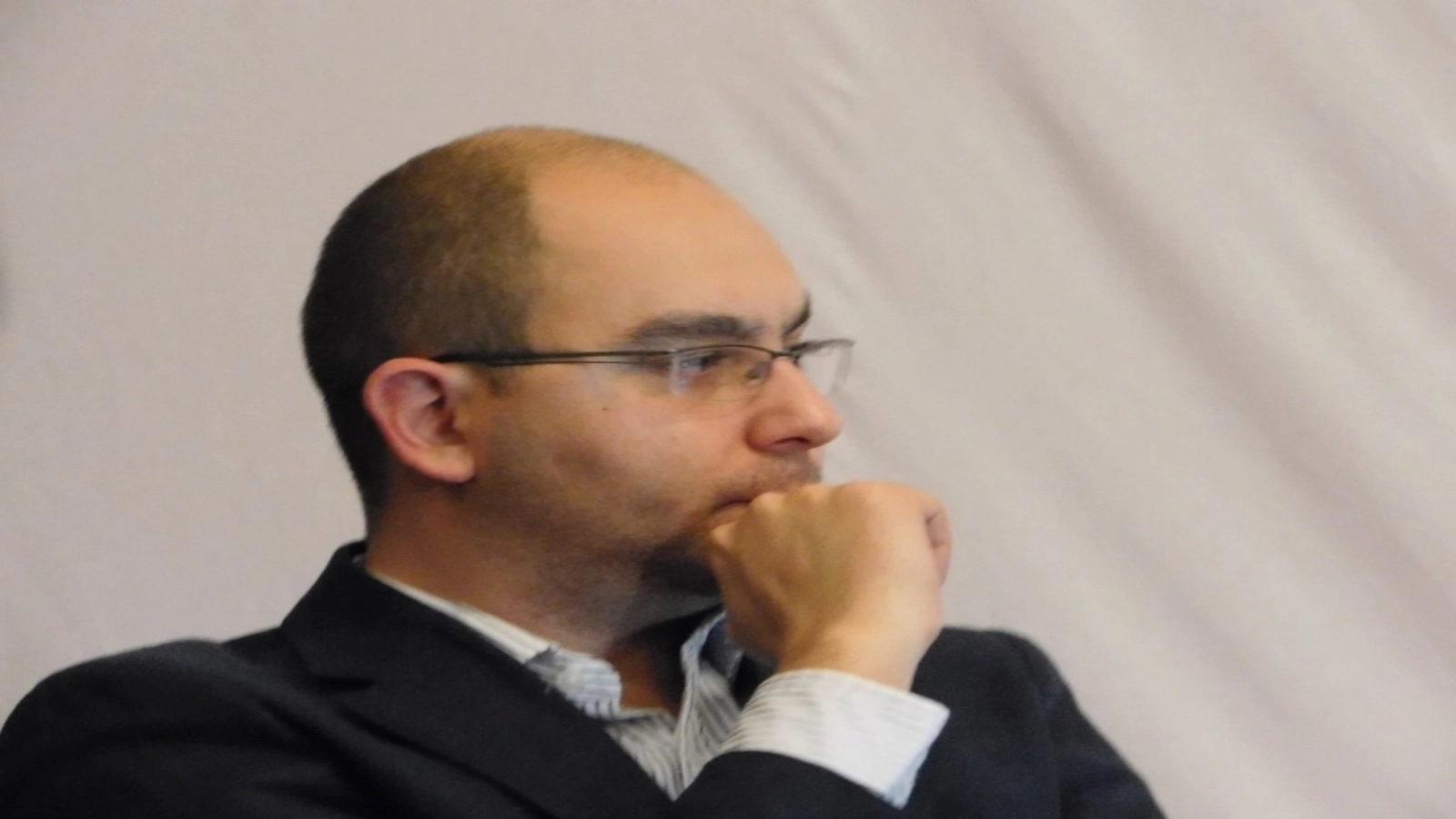



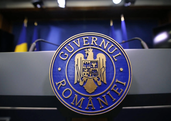





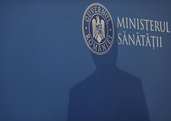





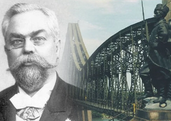





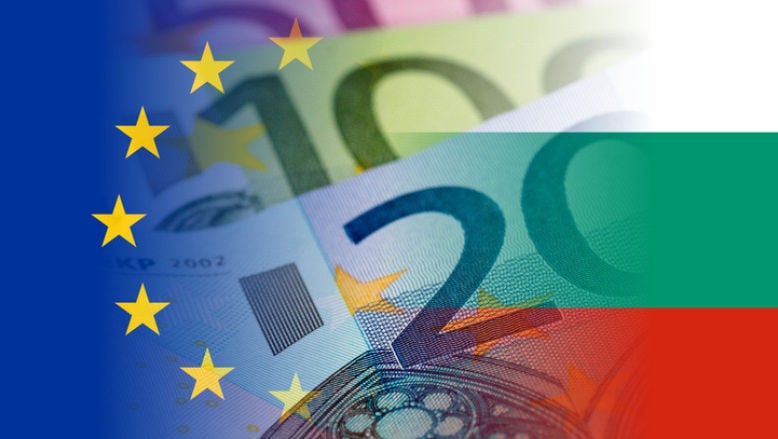








Comentează